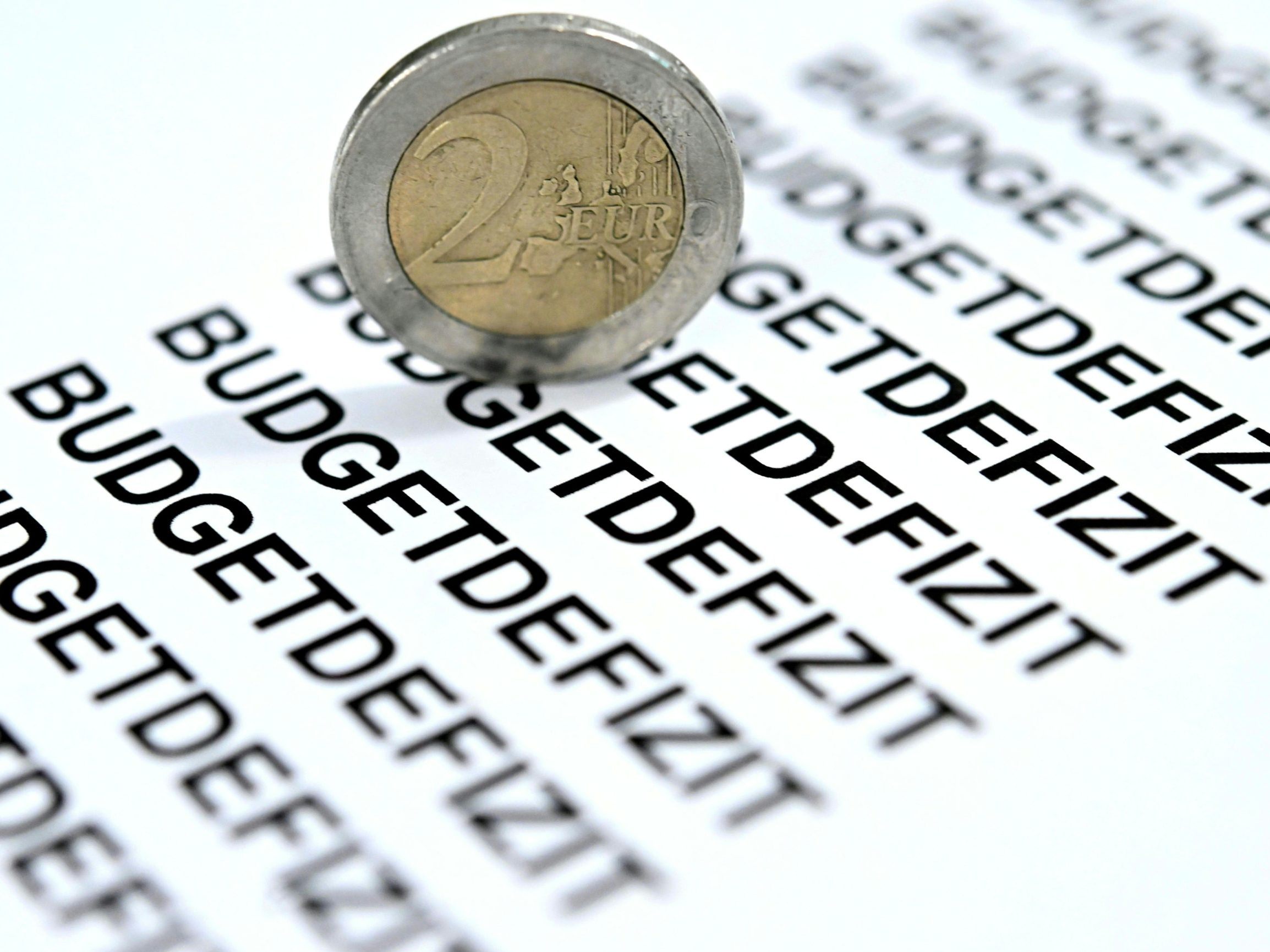Budget Deficit Increased in the First Half of the Year

In the first half of the year, government revenues increased by 3.2 percent to 123.4 billion euros, while government expenditures rose by 4.1 percent to 136.7 billion euros. This resulted in a deficit of 13.3 billion euros. The main reasons for the increased expenditures were monetary social benefits and public sector salaries, explained the Director General of Statistics Austria, Manuela Lenk.
Budget Deficit Increased: Municipalities Took on 1.1 Billion Additional Debt
Of the total 412.3 billion euros in national debt, 358.7 billion euros are attributed to the federal government. The federal states - excluding Vienna - are responsible for 29 billion euros of public debt, the municipal sector including Vienna for 24.8 billion euros, while social insurance carriers were able to reduce 1.5 billion in short-term debt during the year. The most significant increase was seen in the municipalities, which took on 1.1 billion euros more debt than the previous year. The deficit of the municipalities was thus 2.4 billion euros at the end of June, while the states budgeted relatively balanced, as Kerstin Gruber, Directorate of Economics, explained.
However, the deficit of the federal states would tend to be higher in the second half of the year than in the first half, while in the federal sector it is the opposite. Here, most debts are typically incurred in the first half of the year. Also, the consolidation measures decided by the federal government will largely only take effect in the second half of the year. For example, the abolished climate bonus, a significant expenditure, will be eliminated in the second half of the year. According to the federal budget forecast of the Ministry of Finance, the national debt ratio is expected to rise to 84.7 percent of GDP for the entire year, while the budget deficit is expected to decrease from 4.7 percent to 4.5 percent of GDP in 2024.
(APA/Red)
This article has been automatically translated, read the original article here.





